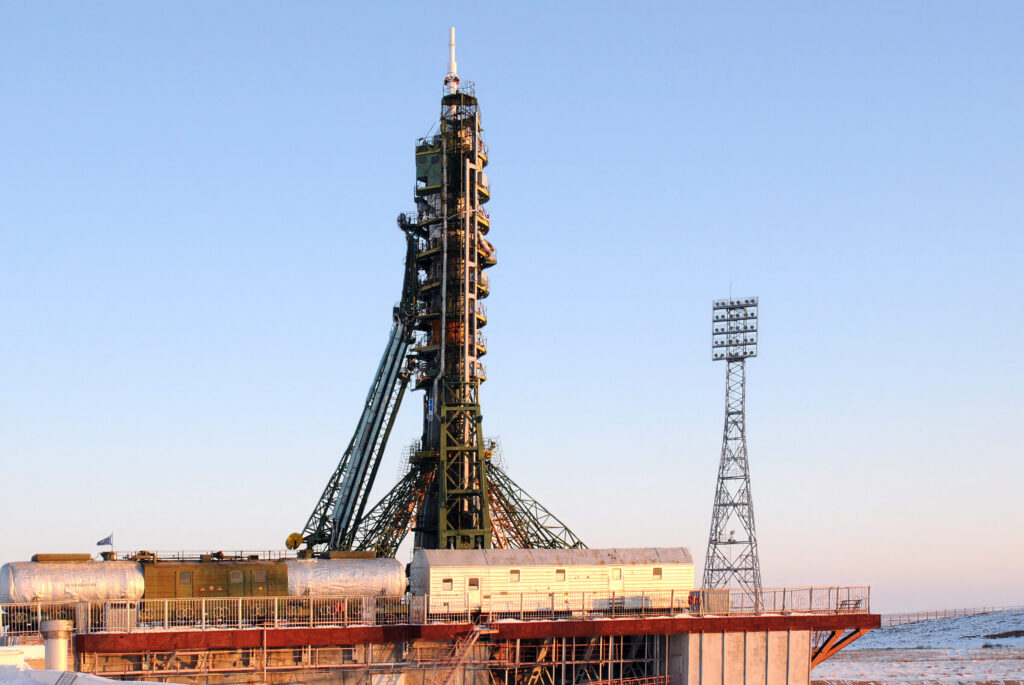Foreign satellites were successfully launched into orbit by a Russian Soyuz rocket on June 27, 2023, for the first time since the war in Ukraine.
The rocket took off at 7:34 a.m. ET from the Vostochny Cosmodrome, Amur Oblast, Russia, carrying the meteorological satellite Meteor-M and 42 associated payloads for Moscow.
Also on board were three small foreign spacecraft, one from Russian ally Belarus, as well as two from the United Arab Emirates (UAE) and Malaysia.
Many international space companies, including those from the United States, Europe, Japan, and South Korea, imposed strict sanctions preventing the export of technology to Moscow due to the Russo-Ukrainian war. These companies primarily switched their satellites from Russian rockets to launch vehicles from SpaceX, Rocket Lab, or Indian space organizations.
However, the Russian rocket payload consists of a 20-kilogram UAE satellite PHI-Demo, which hosts 5G communication equipment from Luxembourg-based OQ Technology and carries an experimental water-powered thruster developed by the UK company SteamJet Space Systems.
“At MBRSC, our vision encompasses the cultivation of an ecosystem of innovation and excellence, where partnerships with the private sector are instrumental in facilitating the exchange of knowledge, catalyzing ground-breaking discoveries, and fostering the next generation of Emirati space pioneers,” the Mohammed Bin Rashid Space Centre (MBRSC) based in Dubai, UAE noted in a statement while failing to address the impact of space collaboration with Russia.
The Malaysian CubeSat was also on board the Soyuz rocket and is the first spacecraft owned by Angkasa-X, a company registered in Nevada, US, which aims to provide broadband internet coverage for the Asia-Pacific region.
The launch was booked through private Russian companies Aerospace Capital and Glavkosmos, a subsidiary of Russia’s space agency Roscosmos, although the commercial satellite industry does not indicate a broader acceptance of resuming launches on Russian rockets.

